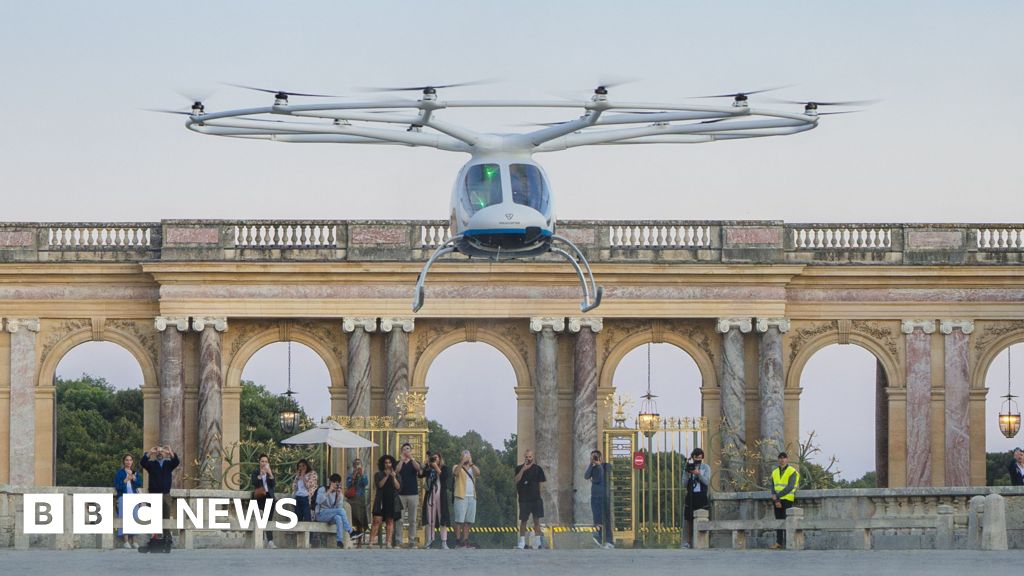ARTICLE AD BOX
Image source, Getty Images
Members of the World Trade Organization (WTO) have agreed a landmark deal which could cut trade costs by £113bn a year.
Some 67 members agreed to cut red tape around licensing and qualifications.
The signatories, which include the UK, United States, EU and China, are a minority of the WTO's 164 members, but represent 90% of all services trade.
Banking, information technology, telecoms, architecture and engineering are among the service sectors which could benefit most from the deal.
Anne-Marie Trevelyan, the UK's International Trade Secretary, said the UK stands to gain as it is the world's second largest services exporter.
She said the deal showed "exactly the kind of cooperation we want to see at the WTO and demonstrates it can deliver trade rules fit for the 21st Century".
International policy forum the Organisation for Economic Co-operation and Development (OECD) has estimated that implementing looser regulations in G20 countries - the world's 20 top economies - could reduce trade costs by up to 6%.
The Department for International Trade said the new rules would make it easier for businesses, in particular small and medium-sized firms, to "navigate foreign markets and obtain authorisation to export overseas".
"British businesses consistently cite complex administrative procedures as barriers to accessing international markets," the government said.
"Once the new rules are in force, businesses can expect licensing applications to be processed in a timely manner, acceptance of electronic copies of qualifications by competent authorities, and an end to unreasonable and hidden fees."
'Meaningful achievement'
The government said the biggest savings on trade were likely to be in finance and tech, helping "ensure London retains its position as Europe's leading financial centre".
Miles Celic, chief executive of financial sector body The City UK, said the agreement was "an essential step towards removing the types of trade barriers most often experienced by services exporters".
Meanwhile, George Riddell, EY director of trade strategy, said the deal was a "meaningful achievement that has real commercial value for services providers all around the world".
The WTO, administers a system of rules governing global trade, aims to bring the new rules into force in 2023.

 2 years ago
32
2 years ago
32








 English (US)
English (US)